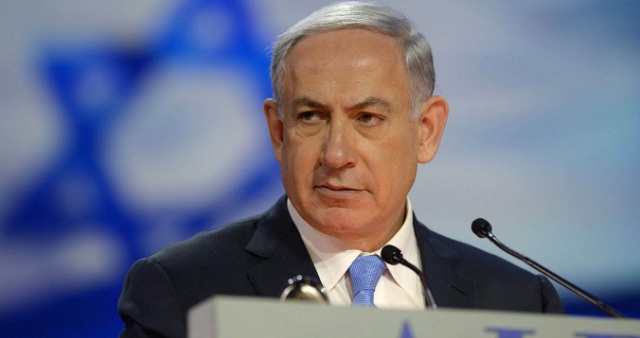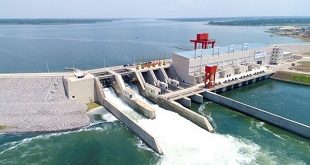
Settling the Palestinian Question could consider `de-Zionisation’ of Israel as propagated by a number of scholars
COMMENT | NNANDA KIZITO SSERUWAGI | At the beginning of this year, Uganda hosted the two twin global conferences of the Non-Aligned Movement and the Third South Summit. Chairing both the NAM and G77 + China, Uganda assumed a unique role as a global leader of these great organisations which host the largest number of countries, predominantly from the global south.
This puts us in a central position as a state to suggest solutions and where possible, proactively contribute to solving the prevailing global crises, especially the Israeli-Palestinian conflict and genocide.
For some time, the two-state solution earned wider appeal as the promise of a peaceful resolution of this decades-old conflict. Hopes for this approach to peace now seem bleak. It is time we explored the more “radical” and often discarded, yet proven and tested solution- the one-state solution.
The one-state solution would be characterised by the creation of a single state encompassing the state of Israel as it is currently constituted with Palestinians in the West Bank and Gaza in a wholesome Israeli-Palestinian state.
Those opposed to this idea forget that the two-state solution would only defer the resolution of this conflict to the future. It would be forgetful because it overlooks the history that bears the current Israel as the nation-state of Jews.
Whereas the Palestinians are indeed suffering a brutal ethnic cleansing, the logic that they can only be protected by creating a different nation-state for them is based on the modern state logic, which essentialises cultural differences and identity as irreconcilable political differences. This logic has not guaranteed Israel peace, as a nation-state formed in 1948 following the escape of Jews from Europe after the end of the Jewish Holocaust and the Second World War.
More importantly, we are illuminated by the example of South Africa, where a rainbow nation was formed for all citizens in spite of what seemed like irrevocable differences between natives and white settlers.
We should reject the temptation to assume that the way Israel is currently politically constituted, with Zionism at the pinnacle of its national ideology, is a historical necessity. Over a million Israelis (17% of the population of Israel) hold a foreign passport. Certainly, these Jews are living economically successful, politically free and secure lives in many countries around the world without a national Jewish character. It is therefore misleading to make it seem that there could be no Jewish society in Palestine/Israel without a Jewish nation-state. A one-state solution would guarantee both Palestinians and Jews a homeland without politically contouring national privileges based on cultural, racial or religious identity.
Whereas support for a democratic one-state solution remains low, with 23% among Palestinians and 20% among Israeli Jews as per the most recent Palestine/Israel Pulse survey in 2023, this may likely be mostly due to skepticism, and less about straight opposition to the idea. My view on this is informed by another poll published by Gallup in December 2023 where it was revealed that the majority of Israelis are opposed to the two-state solution. At least one in four Israeli adults currently support the existence of an independent Palestinian state, while most (65%) oppose it. This growing unpopularity of the two-state solution should be exploited to give the one-state solution a chance.
It is not hard to re-imagine the realities of our existence. We already exist in bubbles of inter-subjective delusions that coalesce into our dearest beliefs/realities. With a gradual epistemic revolution- a fundamental shift in understanding and perception, Jewish Israelis can outgrow assumption that they naturally own Israel. Just like their political identity is historical, they can change the history of their children by bequeathing to them a single, united Israel/Palestine state.
The state of Israel maybe should consider the idea of “de-Zionisation,” propagated by a number of scholars including Uganda’s own Mahmood Mamdani- as the process of severing their state from the nation. This would enable Israelis to realise that they can have a state for all citizens and not a perpetually challenged nation-state for only Jews. Israelis and Palestinians can look to South Africa for lessons. There, they will see that it is possible to depoliticise Jewish and Palestinian identity. They can live together in an imperfect but peaceful bond. They can create a democracy that values the fundamental humanity of every individual regardless of their race or religious practice. They can never permanently defer the settlement of that conflict. They have it in their hearts and minds to imagine a new, better reality for their harmonious existence.
*****

snnanda98@gmail.com
The writer is a concerned global peasant.
 The Independent Uganda: You get the Truth we Pay the Price
The Independent Uganda: You get the Truth we Pay the Price


